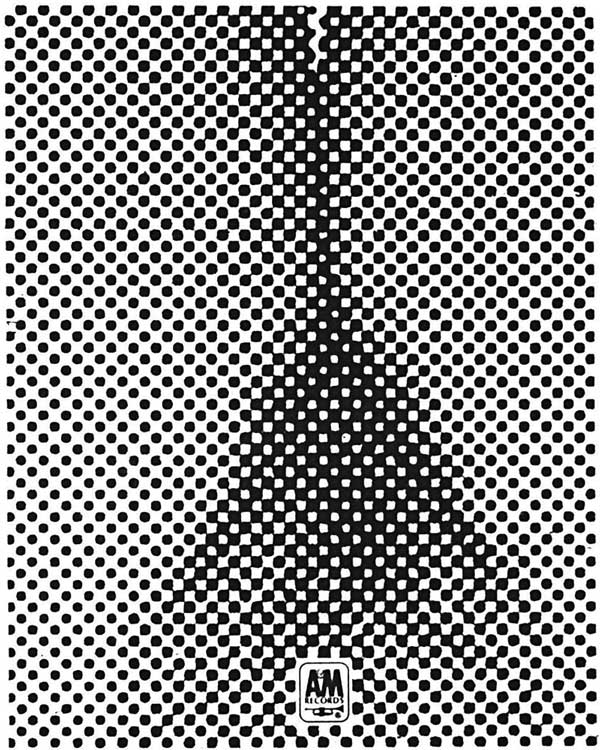In the early 1980s, when I was the guitarist in The Nebulas, one of my main inspirations was John McGeoch’s work in Magazine and the Banshees. Not only his playing, which was and still is some of the most inventive in all of pop/rock, but his skill at orchestrating a song — or an entire album — with his wildly varied guitar sounds. He did this to some extent in Magazine, but there he was sharing space with Dave Formula’s excellent keyboard arrangements. The Banshees were a guitar-bass-drums outfit, so John’s layered guitar parts usually featured the hooks; they carried the songs, instrumentally meshing with Severin’s simple but crucial basslines (check out the Severin-McGeoch harmonies opening “Cascade”) and Budgie’s propulsive drumming.
In fact, I consider Ju Ju one of the greatest guitar albums ever, not because of “guitar hero” showoff pyrotechnics, but precisely because of McGeoch’s inventiveness in orchestrating the songs — and his skill at translating his ideas to the fretboard (and incidently, although some of his riffs may seem simple, they are not easy to play well!).
Making the two Banshees albums that came out during his stay with the group, Ju Ju and A Kiss in the Dreamhouse (and a good part of Kaleidoscope as well), McGeoch mined a seemingly bottomless well of sounds, almost exclusively using a simple toolkit: the grey MXR Flanger pedal, a Yamaha rackmount analog delay, and a distortion pedal.
Unlike nearly every other post-punk guitarist (or rock guitarist in general), John had a great fondness for dominant 7th, minor 7th, minor 9th and add 9th chords. He loved the complex sweetness these voicings bring to a song. Check out Magazine’s “Parade,” “Feed the Enemy,” or “Philadelphia”; Siouxsie’s “Happy House,” “Night Shift,” “Spellbound,” “Green Fingers,” etc., etc. (Personal note: I learned these types of chords from Mel Bay and Micky Baker books in the ‘60s, and use them constantly in my playing.… Continue reading
